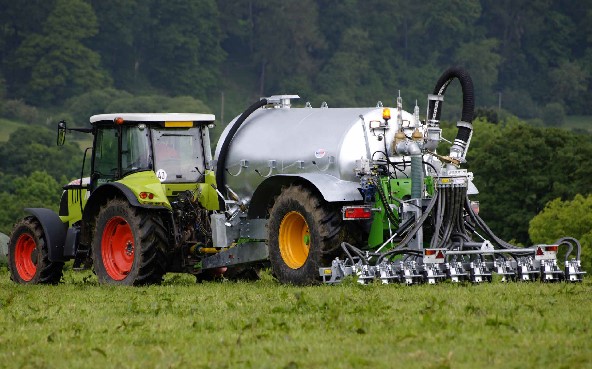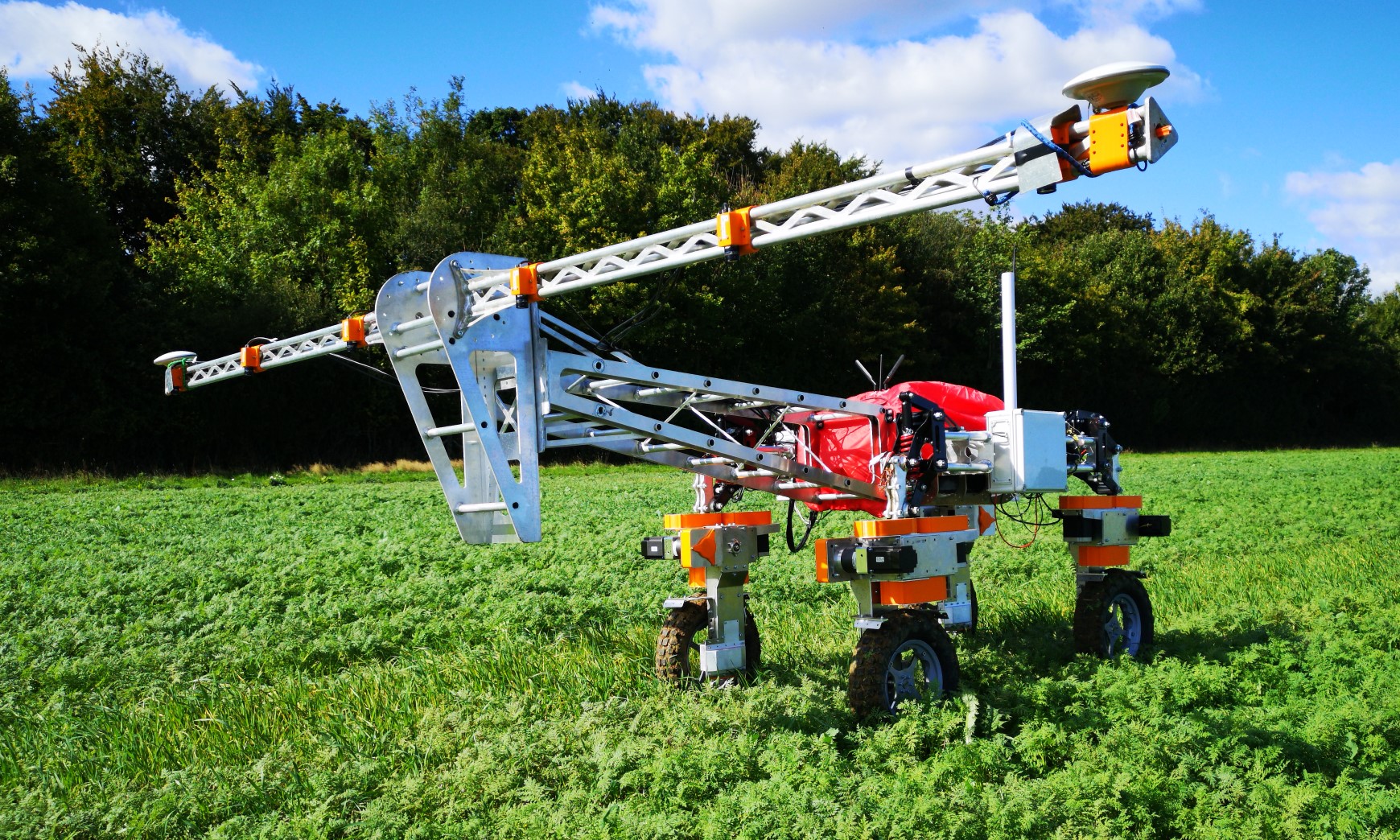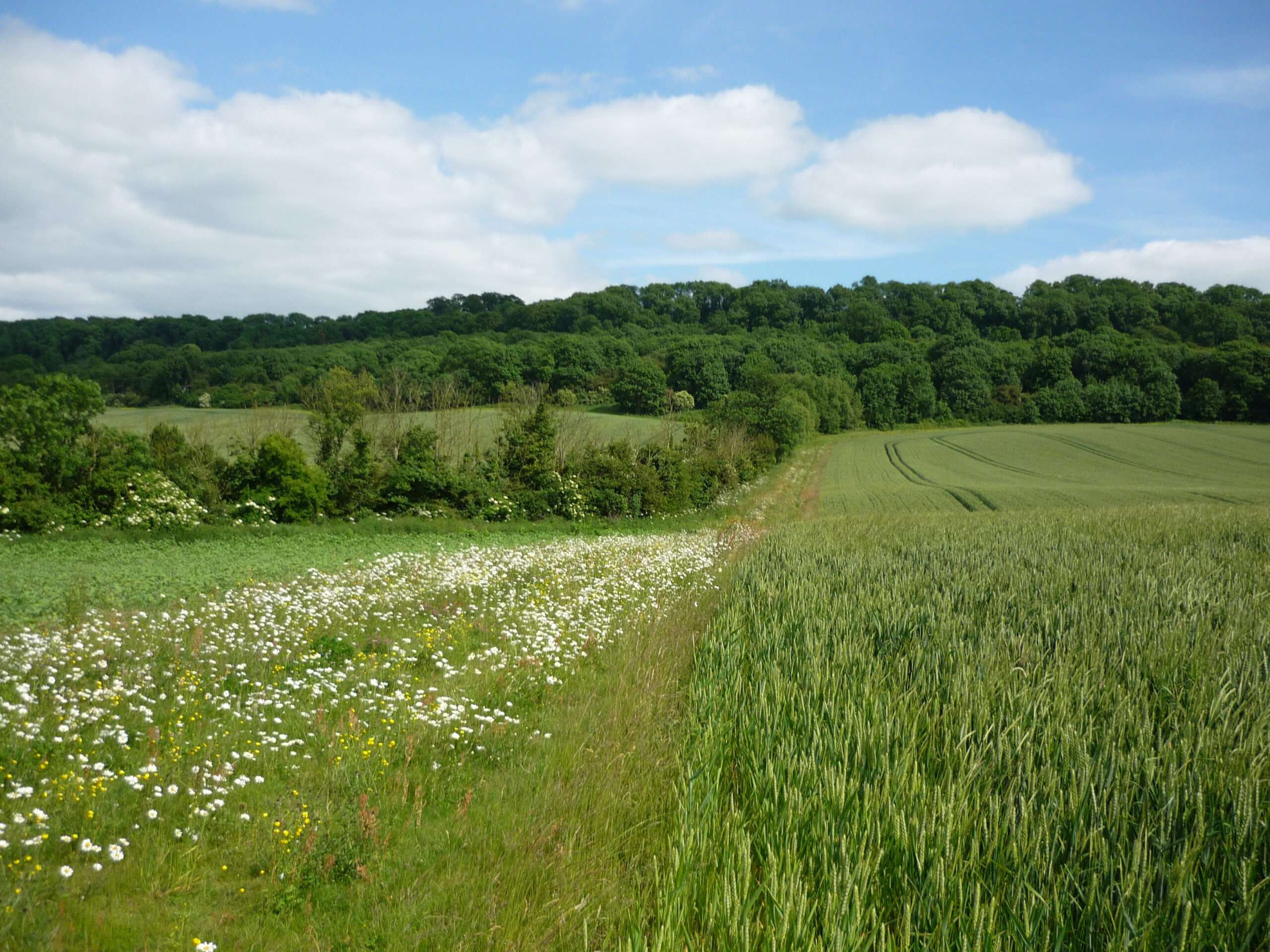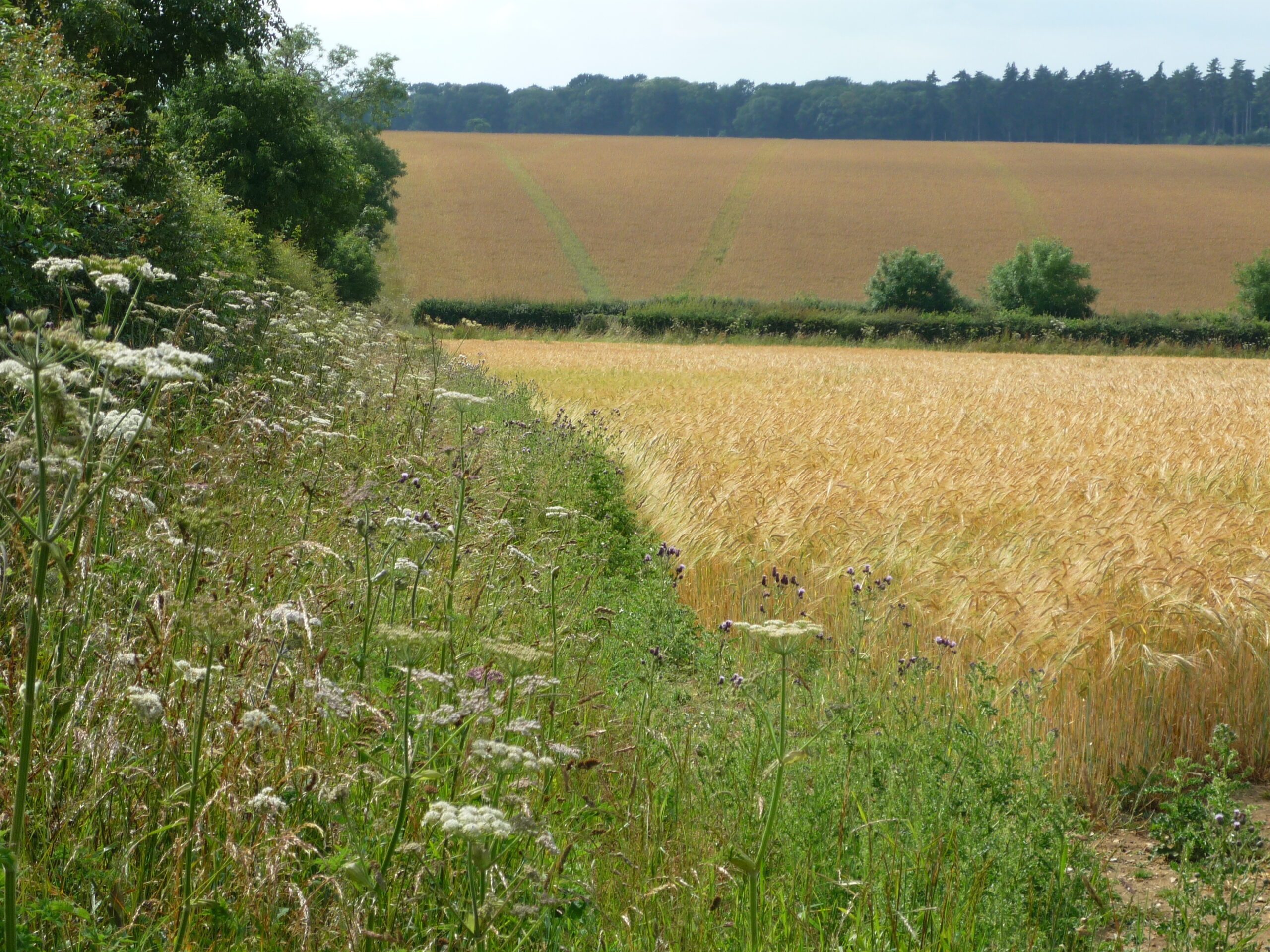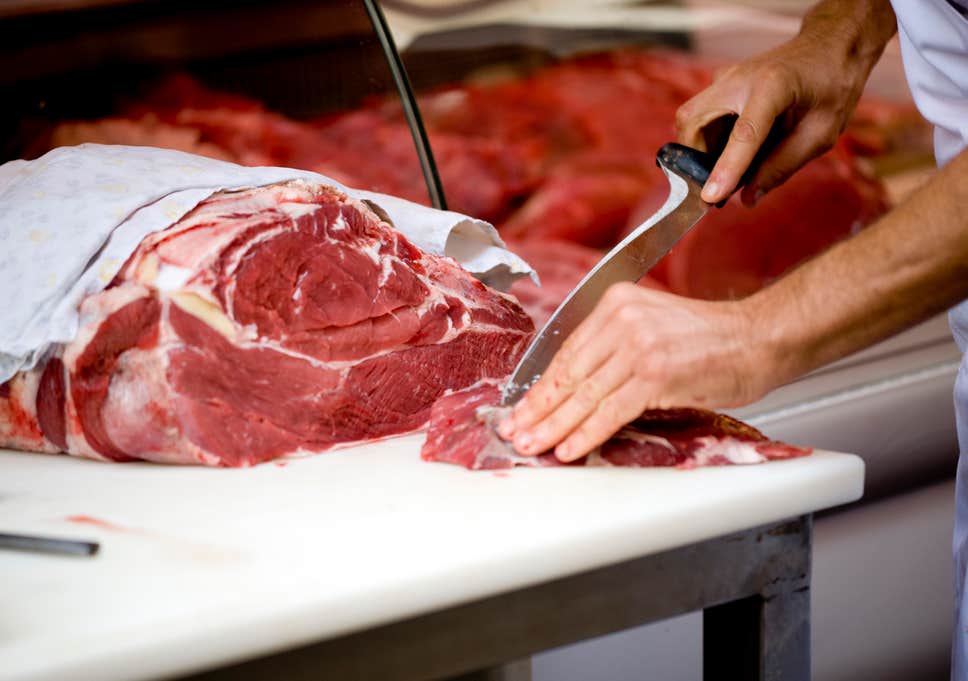A series of announcements on ‘Protected Landscapes’ in England were made ahead of the COP28 Climate Summit in the UAE. This was then followed by further policy initiatives outlined at the CLA’s conference, held at the end of November. Below is a summary;
New National Park
The Environment Secretary has commissioned Natural England to begin identifying an area which will be considered for designation as the next National Park in England. The search for a new National Park, which was a manifesto commitment, will begin in the New Year and will focus on looking for England’s most beautiful nature spots, alongside the area’s ability to connect people with nature. One of the recommendations in the Glover Review in 2019 was that three of the larger AONBs (National Landscapes – see below) should be considered for National Park status. In particular the Chilterns, the Cotswolds and Dorset & East Devon were suggested. A final decision will be made by the Secretary of State.
ANOB Re-brand
All Areas of Outstanding Natural Beauty (AONBs) in England and Wales will now be known as ‘National Landscapes’. The re-brand follows a recent survey which showed that public awareness of the protected landscapes was less than 50%. The decision was made to carry out a full re-brand starting with simplifying the name to National Landscapes, along with a new visual identity with the aim of improving the visibility and accessibility of these important natural areas.
Landscape Recovery
A further 34 projects have been successful in the second Round of the Landscape Recovery (the third element of ELM). This is 12 more than in the first Round. Between them they will receive £25m of funding, which will;
- restore more than 35,000 hectares of peatland
- sustainably manage more than 20,000 hectares of woodland
- create over 7,000 hectares of woodland, including some temperate rainforest
- benefit more than 160 sites, which include Sites of Special Scientific Interest (SSSIs).
Together, the projects are said to involve over 700 farmers and landowners covering over 200,000 hectares across England. The next step will be to move into the Project Development Phase (PDP), in which there will be up to two years to complete project development activities. After which, subject to reaching agreement on suitable funding, projects will then move into Implementation. It has been noticed that in both rounds of Landscape Recovery Defra has given out more agreements than it indicated at the outset. This might be because of the high quality of the applications. However, it might also be because Defra envisage a number of them not continuing for the long-term. They are meant to draw in private funding eventually which some might not achieve. Could Defra be building in an element of contigency by accpeting a few more? Defra has confirmed a third round of Landscape Recovery will be open in 2024.
Natural Environment Readiness Fund (NEIRF)
The new Environment Secretary, Steve Barclay has announced the third round of the Natural Environment Investment Readiness Fund (NEIRF) at the CLA’s conference. NEIRF will open on 11th December 2023 and close on 16th February 2024, offering grants to help farmers attract private investment in nature projects, such as selling carbon units through peatland restoration. With individual grants of up to £100,000 on offer from a total £5 million, this round has been designed specifically to support farmers to prepare nature projects that will help attract investment from the private sector. The NEIRF grants can be used to help farmers blend public and private investment. The Government has a target to stimulate at least £500 million of private sector investment into nature recovery in England each year by 2027, rising to at least £1 billion each year by 2030. So far, amounts being commited appear well short of this. Further information on NEIRF can be found at https://www.gov.uk/government/publications/apply-for-a-grant-from-the-natural-environment-investment-readiness-fund.
Woodland
There has also been a number of measures announced to boost tree planting, including;
- £750,000 of Research & Development funding to improve resilience, management and protection of unique temperate rainforests in England which can be found in Cornwall, Devon and Cumbria.
- A competition to create a new National Forest. This is inspired by the success of the existing National Forest, which spans 200 square miles across parts of Derbyshire, Leicestershire and Staffordshire.
- The creation of two more Community Forests in Derbyshire and the Tees Valley which will create 175 hectares of new woodland planted by 2025 alongside new pipeline forests.
